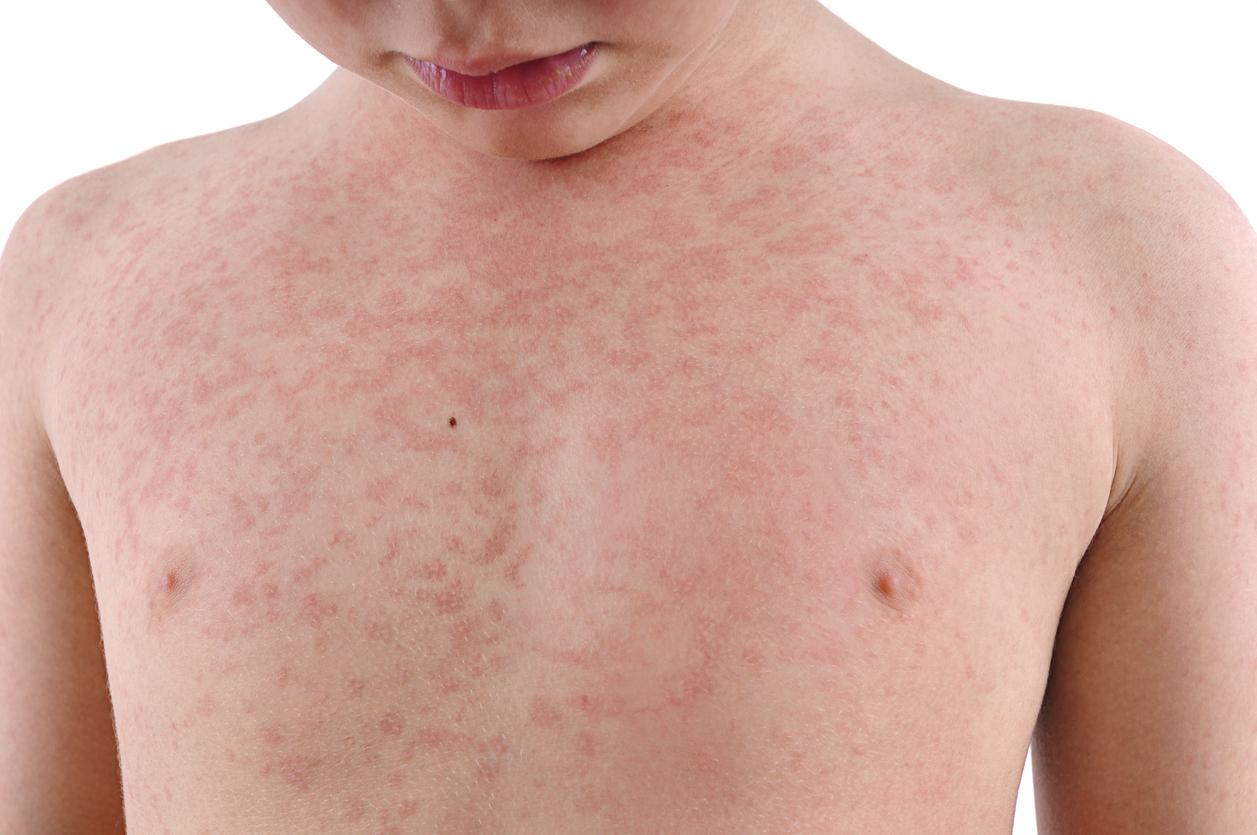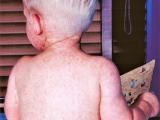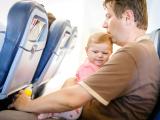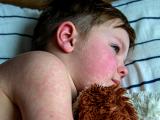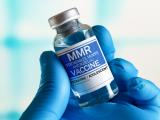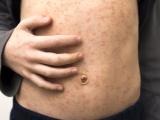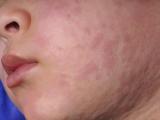The nation's number of measles cases continues to climb steadily, with 60 more cases reported over the last week, raising this year’s total to 940 cases, the US Centers for Disease Control and Prevention (CDC) said in its weekly update yesterday.
Meanwhile, in global measles development, European officials today warned of a high risk of more widespread circulation due to gaps in vaccine coverage, and the World Health Organization (WHO) today announced that the verification commission in its Eastern Mediterranean regional office has certified that Bahrain, Oman, and Iran have eliminated measles and rubella.
Twenty-six states now reporting cases
Two more states reported cases, meaning 26 have now confirmed measles cases this year.
Several of the cases this year are part of 10 outbreaks, which the CDC defines as three or more connected illnesses.
Maine recently reported its first confirmed measles case since 2017, according to a May 21 statement from the Maine Department of Health and Human Services (MDHHS). It said the patient is a school-aged child from Somerset County who was vaccinated, didn't experience any complications, and has fully recovered.
So far, officials haven't determined where the child was exposed to the virus, but it added that sporadic cases are not unexpected.
Part of the increase in cases is likely due to additional cases reported in large ongoing outbreaks in New York, California, and Washington state. For example, and outbreak in New York City with links to the Orthodox Jewish communities in Brooklyn and Queens rose by 37 more cases, reaching a total of 535 as of May 24.
Expanding group of vulnerable people in Europe
In its latest risk assessment on measles, the European Centre for Disease Prevention and Control (ECDC) today said 44,074 measles cases have been reported over the past 3 years by 30 countries, a high number compared to the previous 3 years.
The European region has a large pool of people susceptible to the virus, due to historically low vaccination coverage in some areas, plus more current gaps. A group of children and teenagers born since 1999 who are unvaccinated represents a full yearly birth cohort and numbers 4.5 million children, the group warned.
It added that the median age of affected patients has risen steadily over the past 10 years, with adults age 20 and older representing 35% of cases over the past 3 years. Nearly half (45%) are reported in infants.
Continued imported cases can trigger new outbreaks or worsen existing ones, the ECDC said.
In the statement, Vytenis Andriukaitis, MD, the European Union commissioner for Health and Food Safety, said in the statement, that based on World Health Organization (WHO) goals, the European region should have eliminated measles by 2000. "However, Europe is still far from being a measles-free continent. These numbers are just unacceptable, especially given that an effective vaccine against the disease has existed since the 1960s," he added.
Elimination in Bahrain, Oman, Iran
Meanwhile, the WHO today said its verification committee met in Amman, Jordan, earlier this month to review measles reports submitted by Bahrain, Oman, and Iran.
Ahmed Al-Mandhari, MD, congratulated the countries on their achievements. "This gives us great hope and confidence that all countries in the Region can do the same and that we will be able announce that the Eastern Mediterranean Region is a measles and rubella free Region."
In making its elimination certification, the committee also made recommendations for the three countries, including that Bahrain and Oman maintain the high quality of their national immunization programs and that Iran update and complete its measles outbreak summary table and implement further training for lab staff.
See also:
May 27 CDC measles update
May 21 MDHHS statement
May 24 NYC Health update
May 28 ECDC statement
May 28 WHO statement
